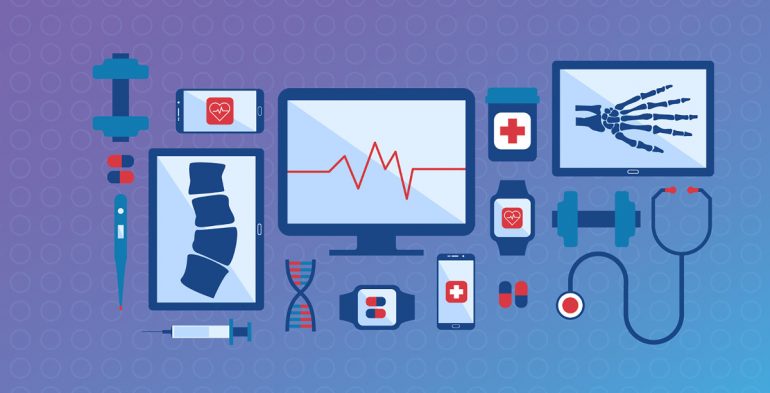For the first time in Canadian history, the number of senior citizens has exceeded that of children in what is referred to as a “Silver Tsunami” — a metaphor used to describe population aging.
With that in mind, there will likely be a need for more healthcare options geared towards elderly citizens, particular those that incorporate digital technology. These could be anything from offering online appointment booking or sending an alert when medications run low.
In fact, three in four healthcare providers report they are already using digital technologies to communicate with their patients. However, according a new ‘Digital Life’ study conducted by Telus Health, it seems the older generation that would benefit the most from such innovations are, in fact, the ones least likely to take advantage of them.
“Digital life is not just for millennials and GenX anymore – technology helps every generation stay connected for reasons related to health and safety.”
The survey found that Canadians in the baby boomer (age 52 and over) and greatest generation (71 and over) categories reported they were the most likely to access a healthcare provider (at 78 percent). However, while 58 percent of respondents in this demographic agreed that digital health tools would help them connect with their healthcare provider, only 20 percent of this group said they would use this tech. Canadians aged 52 or higher were 10 per cent less likely than younger generations to agree with the statement that “digital technology empowers them to take control of their health.”
As a result, healthcare professionals are calling for Canadians to better understand how these technologies can benefit them.
“The ‘Silver Tsunami’ we’re seeing in Canada tells us that not only is it increasingly important to educate Canadians about the impact technology can have on health outcomes but also to ensure we are maximizing the opportunity to put these digital health tools in place so all patients and their care providers can stay better connected,” said Dr. Susan Lea-Makenny, director and senior medical advisor at the INLIV Clinic, in a press release. “As a doctor and former nurse, I have seen first-hand how digital solutions can empower older Canadians to take control of their own health by gaining valuable and timely information and improve their overall care.”
“Digital life is not just for millennials and GenX anymore – technology helps every generation stay connected for reasons related to health, safety and general companionship,” said Paul Lepage, president of Telus Health in a statement. “All Canadians have a role to play when it comes to managing and sharing health information for ourselves, our partners or as caregivers to children and aging relatives. Today, it’s increasingly important that all Canadians – especially older generations – speak to their doctors about how to incorporate technology into their care and improve their health outcomes.”
Telus Health surveyed both consumers and healthcare providers between June 26th and July 5th, 2017. Telus says the collected responses are balanced such that the results will be representative of Canada by region and age. Results are reported with a margin of error of +/- 2.53 percent in the consumer studies, while the results from healthcare providers are reported with a margin of error of +/- 9.79 percent.
This article was originally published on MobileSyrup


